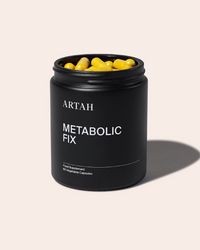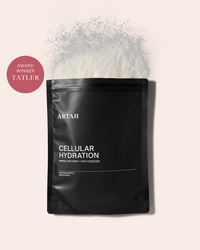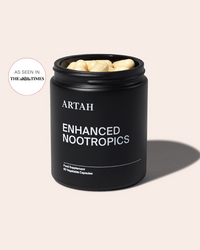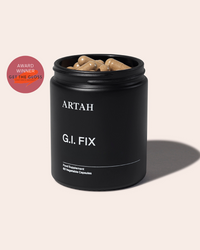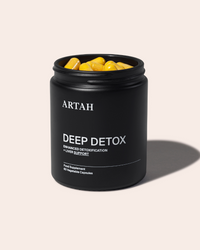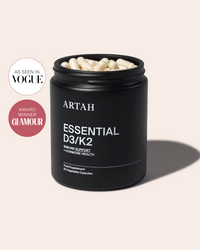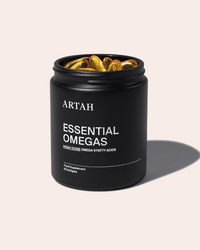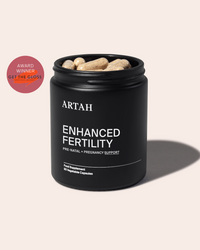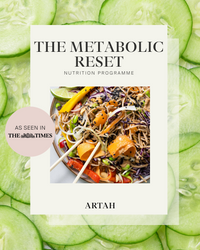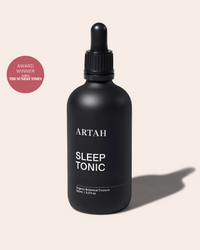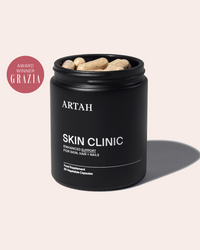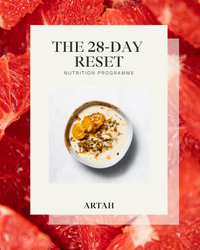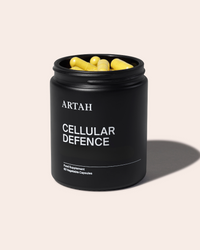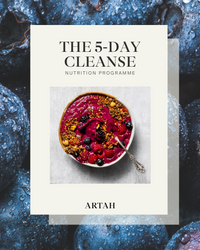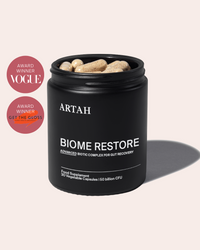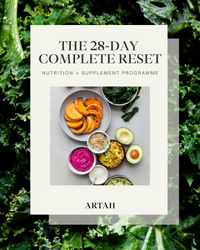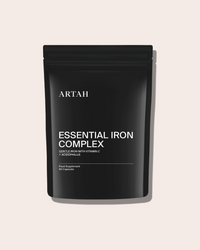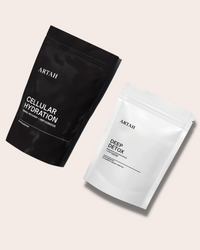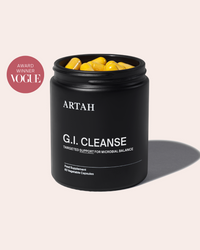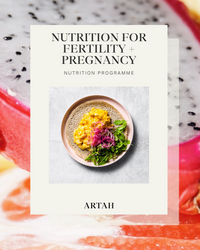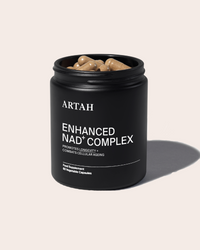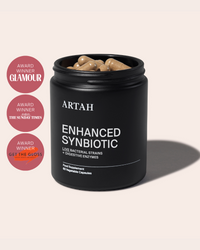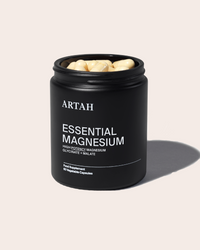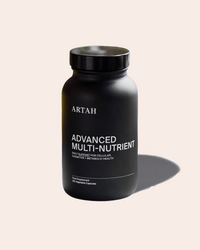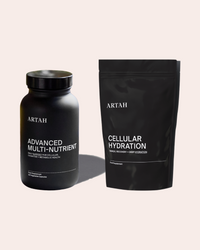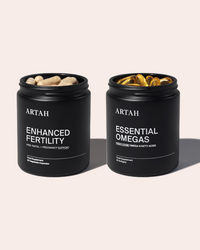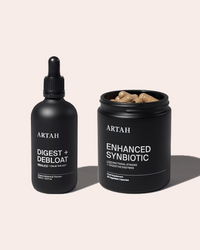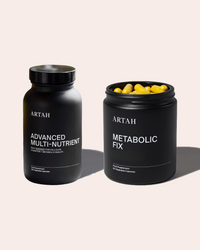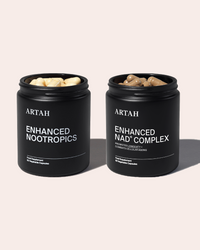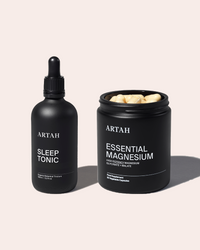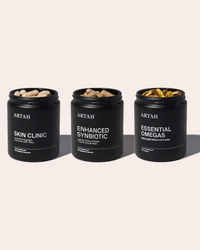Functional Foods To Strengthen Immunity
We don’t like to overpromise, but these foods are pretty potent when it comes to delivering results, and with the worst cold and flu season we’ve had in the last decade, it’s worth making these foods a staple.
Raw garlic
Not the most pleasant for your friends and loved ones, but pretty-darn effective. Raw garlic is antimicrobial, anti-inflammatory, and anti-bacterial. In other words; great for immunity. Most of its medicinal properties are from a sulphur-containing compound called allicin, which is released when garlic is crushed, cut or chewed, and although cooked garlic still retains some immune-supporting properties, allicin is most potent when it’s raw. To get the most allicin out of garlic, cut or crush your cloves and then let them sit for about 10 minutes before you do anything to them, this allows the enzymatic reaction that activates allicin to occur!
Foods with the big three
Vitamin C, Vitamin A, and Zinc are superheroes when it comes to immunity. Vitamin C can increase macrophage activity, a type of immune cell that is involved in our first line defence against viruses and bacteria and is probably one of the easiest vitamins to get from food. It’s abundant in fruit and vegetables, so load up on colourful ones like red peppers, kiwi, broccoli, oranges, strawberries, and red cabbage.
Zinc enhances the activity of neutrophils, natural killer cells, and other immune-mediated processes, and deficiency results in increased susceptibility to infection. Oysters are the best dietary source, but not always the most practical, so look for grass-fed lamb and beef, chickpeas, lentils, pumpkin seeds, hemp seeds and avocado.
Finally – Vitamin A. Whilst it’s probably best known for skin, it’s crucial for a strong immune system because of its role in inflammation, the innate immune response, and the regeneration and repair of our gut mucosal lining (which is home to a lot of our immunity). There are two ways to increase Vitamin A; through beta carotene, which is converted into vitamin a, and through actual vitamin A intake. Rich orange-coloured vegetables reign supreme when it comes to beta-carotene, so think carrots, squash, pumpkin, and papaya. But, the conversion of beta-carotene to Vitamin A is inefficient, so focusing on getting preformed sources of Vitamin A - which is found in grass-fed beef, liver, eggs, and fatty fish - is the best way to guarantee you’re getting enough. If you aren’t a big fan of animal sources, consider adding in an immune supplement like Cellular Defence, which will also deliver zinc, vitamin c, and more.
Rosemary, thyme and oregano
These herbs are well known to be antimicrobial, anti-inflammatory and antioxidant, which is why they are such great inclusions if you’re looking to bolster your immunity through food. Their immunomodulatory properties are mostly from their high phenolic acid and volatile oil content, which is what also gives them a slightly bitter and pungent taste. If you’re choosing these herbs for their health benefits, always choose fresh over dried. Pro tip – try making your own immune oil using rosemary, garlic, thyme and oregano, which you can take in a medicinal way by the spoonful, or drizzle over salads, soups and stews.
Prebiotic and probiotic foods
Because our immunity is driven by the health of our gut, ensuring our microbial environment is happy and healthy is a key part of any immune strategy. During flu season it’s best to take a two-pronged approach by minimising foods that disrupt the microbiome and increasing foods that enhance it.
On the disruptive side – excess sugar, fried foods, food chemicals, ultra-processed foods and excess alcohol are the usual culprits. On the enhancing side – go for plant diversity (40 per week if possible), natural probiotic foods like natto (a Japanese dish made from fermented soybeans), tempeh, kimchi, sauerkraut, miso and wild pickles (and yoghurts, if they have live cultures), and pack in prebiotic foods like artichoke, mushroom, onion, asparagus, cabbage, pomegranate and flaxseeds. If you want to safeguard your gut, need to recover from antibiotics or just feel you need a little extra support, try supplementing with Enhanced Probiotics, which will also give you a lofty dose of pomegranate.
Broccoli Sprouts
A little niche, but very effective. Broccoli sprouts are one of the most potent, functional foods you can include from an immune perspective. In fact, a 2016 study showed just how powerful they are; subjects were given a flu vaccine, or a flu vaccine plus broccoli sprouts each day. Those who were on the sprout protocol had a stronger immune response and better protection against the flu than those who only had the vaccine. If you’re not a huge sprout fan – or you can’t find them - focus on other foods that have sulfurophane, the bioactive in broccoli sprouts responsible for most of their impressive immune enhancing properties; these include watercress, dark varieties of cabbage, cauliflower, broccoli and Brussel sprouts.
These are some of our favourite immune foods, but there are so many more amazing phytochemicals that help strengthen our system. To learn more about these health-enhancing foods, check out The New Wave of Nutrients on our blog.
This article is for educational purposes only and the implementation of the theories and practices discussed is at the sole discretion of the individual. All advice given is not a substitute for medical advice, diagnosis, or treatment. If you have any concerns about your health, you should speak with your physician.







